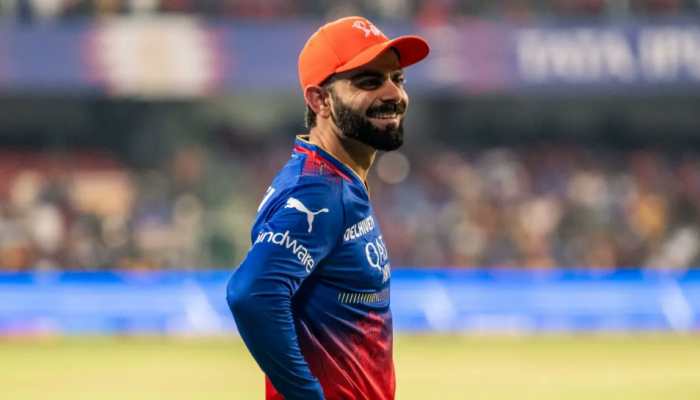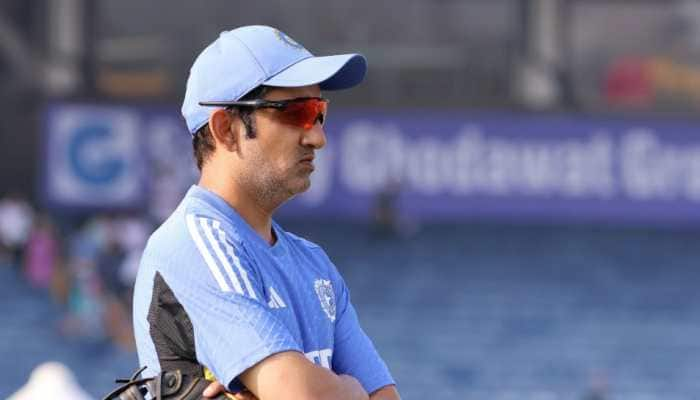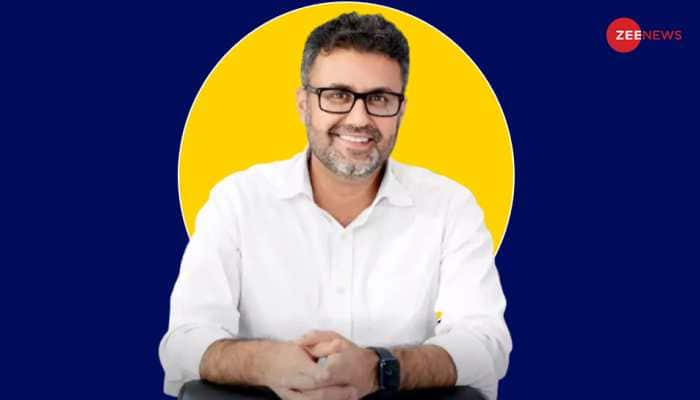Give private firms stake in ONGC fields: CEOs of oilcos to PM
Over a 3-hour long meeting, the CEOs also suggested including natural gas and electricity in the Goods and Services Tax (GST) regime to make these competitive.
Trending Photos
)
New Delhi: Prime Minister Narendra Modi on Monday brainstormed on ways to raise domestic oil and gas production with CEOs of top global and Indian companies who suggested that private and foreign firms be given stake in ONGC's producing fields like Mumbai High.
Over a 3-hour long meeting, the CEOs also suggested including natural gas and electricity in the Goods and Services Tax (GST) regime to make these competitive.
Modi, who had previously met a smaller group of oil and gas CEO in January 2016, said the status of the energy sector in India was highly uneven and there exists a scope for reform in many areas, according to sources.
The main theme of the meeting, they said, was to seek investment in exploration and production, processing, transportation and distribution network in oil and gas.
Some of the officials suggested that the government should allow private and foreign firms to take a stake in producing oil and gas fields of ONGC with a condition that they would get a fixed USD per barrel fee for producing more than the pre-determined baseline output.
The government is looking at private investments to raise domestic oil and gas production, which has stagnated for the last few years while fuel demand has been rising by 5-6 per cent annually.
Modi in 2015 had set a target of reducing India's oil dependence by 10 per cent to 67 per cent, based on import dependence of 77 per cent in 2014-15, by 2022. The dependence has since risen to over 80 per cent.
Sources said the participants at the meeting felt that investing in new unproven areas is not just risky with no guarantee of results but would also take a long time.
Involving companies with proven technology and having capital in existing producing fields for improving output is the way forward, they said.
Modi met BP Plc Chief Executive Bob Dudley, Rosneft CEO Igor Sechin, Royal Dutch Shell's Project and Technology Director Harry Brekelmens, Saudi Aramco CEO Amin H Naseer, Exxon Mobil President for Gas and Power Rob Franklin, Reliance Industries Chairman Mukesh Ambani and Vedanta Resources head Anil Agarwal to discuss the oil and gas scenario.
Government think-tank Niti Aayog made a short presentation on the status, the likely scenario of demand and supply by 2030 and current government policies.
OPEC Secretary General Mohammed Barkindo and Oil Minister Dharmendra Pradhan also attended the meeting. Former oil secretaries Vivek Rae and Vijay Kelkar too were invited.
Modi welcomed the suggestion made for a comprehensive energy policy, according to a press statement issued by the Prime Minister's Office (PMO).
He also welcomed all possibilities for innovation and research in the oil and gas sector, the release said, adding that he flagged the potential of biomass energy and invited participation and joint ventures in the coal gasification.
Subjects such as the need for a unified energy policy, contract frameworks and arrangements, requirement of seismic data sets, encouragement for biofuels, improving gas supply, setting up of a gas hub, and regulatory issues came up for discussion, the statement said.
Various participants appreciated the progress and reforms made in India in the last three years as also the pace and drive with which the Prime Minister has brought about reform in the energy sector, it said.
Many participants strongly recommended the inclusion of gas and electricity in the GST framework, the release said.
Pradhan told the gathering that the liberalised India offers around USD 300 billion investment opportunity in the next 10 years in the oil and gas sector.
"We want investors, both domestic and global, who can bring in the best technology and capital," he said.
The government is devising policies to more than double the share of gas in the energy basket to 15 per cent.
"We are planning a gas trading exchange and making sure there is open access to the gas grid. Global experience in this area would be useful," he stated.
According to Pradhan, in the last 40 months, the government has taken several policy initiatives in the energy sector in line with the prime minister's vision of energy access, efficiency, sustainability and security.
Also present at the meeting were ONGC Chairman and Managing Director Shashi Shanker, Indian Oil Corporation (IOC) Chairman Sanjiv Singh, GAIL India head B C Tripathi, Hindustan Petroleum Corp Ltd (HPCL) Chairman Mukesh Kumar Suran, Oil India Chairman Utpal Bora and Bharat Petroleum Corp Ltd (BPCL) Chairman D Rajkumar.
At the meeting, which was coordinated by the NITI Aayog, Revenue Secretary Hasmukh Adhia highlighted the recent decisions of the GST Council regarding the oil and gas sector.
Many suggestions received in the meeting in 2016 have helped in policy making, Modi said, adding that the status of the energy sector in India was highly uneven.
More than a year after that meeting, the government had allowed higher natural gas price for yet-to-be-produced fields in difficult areas like deep sea.
According to the release, Modia also said that "scope for reform in many areas still exists".
Modi thanked all participants for sharing holistic suggestions, keeping in mind India's unique potential and requirements in the oil and gas sector, instead of merely confining themselves to the concerns of their respective organisations.
He observed that the suggestions made today covered policy, administrative as well as regulatory issues, while stressing upon the need to develop energy infrastructure and access to energy in eastern India.
He indicated that as India moves towards a cleaner and more fuel-efficient economy, he wants its benefits to expand horizontally to all sections of the society, and in particular to the poorest, the release said.
Stay informed on all the latest news, real-time breaking news updates, and follow all the important headlines in india news and world News on Zee News.
Live Tv







)
)
)
)
)
)
)
)
)
)
